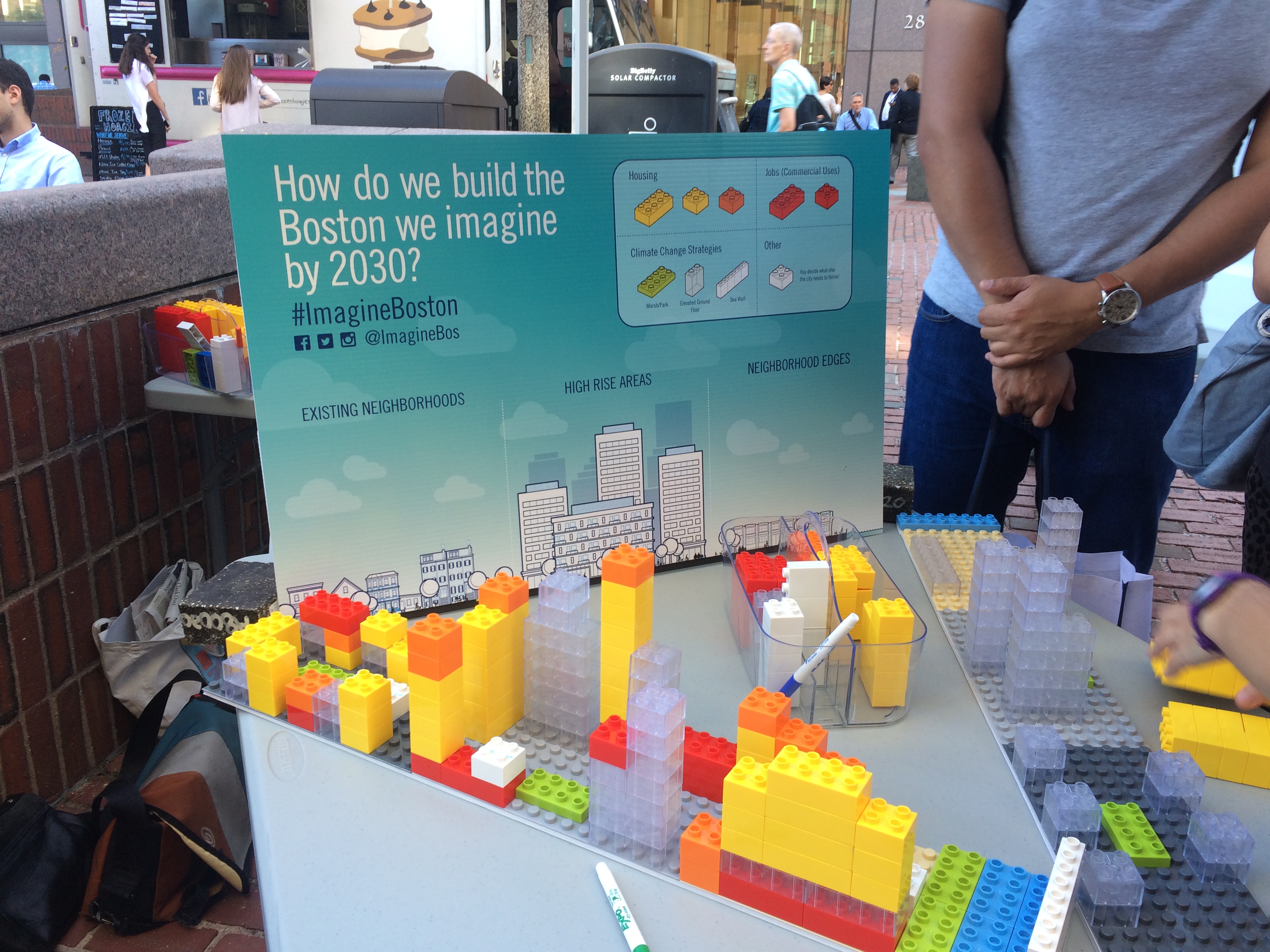
The Building Energy Reporting and Disclosure data spurs innovation in helping Boston reach its Climate Action goals.
Buildings account for about half of greenhouse gas emissions in Boston. The Building Energy Reporting and Disclosure Ordinance (BERDO) makes building owners, tenants, and other stakeholders more aware of their energy usage and greenhouse gas emissions – and opportunities to reduce both. It also requires the City to make this data public.
The Building Energy Reporting and Disclosure (BERDO) provides is an extensive source of high quality data on Boston’s building sector. By making this data public, researchers from universities, non-profits, private companies, and more, can use BERDO to strengthen their analysis. While the most important role of BERDO is to give owners and tenants the tools to better understand their own building’s performance, this additional benefit helps researchers looking into building energy. We cannot improve what we do not measure and analyze.
This approach to publicly disclosed building energy data is in line with the City of Boston’s deep commitment to transparency and open data. These efforts have recently been revamped with Analyze Boston, the City of Boston’s new open data hub. Here, Bostonians are able to easily access data on the economy, transportation, public safety, and city finances of Boston, as well as building energy use.
To celebrate the launching of this new and improved web portal, the City hosted the Analyze Boston Open Data Challenge on May 6th. A wide diversity of teams competed in developing innovative computer tools leveraging the various open data sources that the City offers. The winner for the Reducing Boston’s Carbon Footprint track was Beantown Solar: The Future Never Looked So Bright developed by TCB Analytics.
Beantown Solar combines the BERDO and Boston planning data sets, along with Google’s Project Sunroof, to create an interactive tool for planning solar projects in Boston. The tool compares the potential solar yield on a Boston building to its energy performance as measured by BERDO. Owners, tenants, and the general project can thus use it to see what the solar potential for their building is and how much energy they can aim to offset with photovoltaic installations.
As Adam Jenkins from TCB Analytics said, Beantown Solar, “really enables people to leverage what is possible with solar energy.” Gaining access to the right information on what is possible for solar is the starting point for launching these projects. “While we can now judge how much we could have offset last year, our next step would be to predict based on historical trends what our future needs will be. The first step to solar implementation is the realization of what is currently possible with our current cityscape.
“The convergence of open data sets on energy usage and energy potential allows use to compute at scale what’s truly possible,” says Adam Jenkins. BERDO is an important part of the City’s open data efforts, and one that has many potential usages for those working to meet Boston’s climate action plan goals.
Climate change impacts and the steps to reduce the causes of it are far-reaching — using data to spur innovation helps Boston plan for those realities. Reaching our goals to reduce emissions supports an innovative, thriving, and healthy city.


Recent Comments